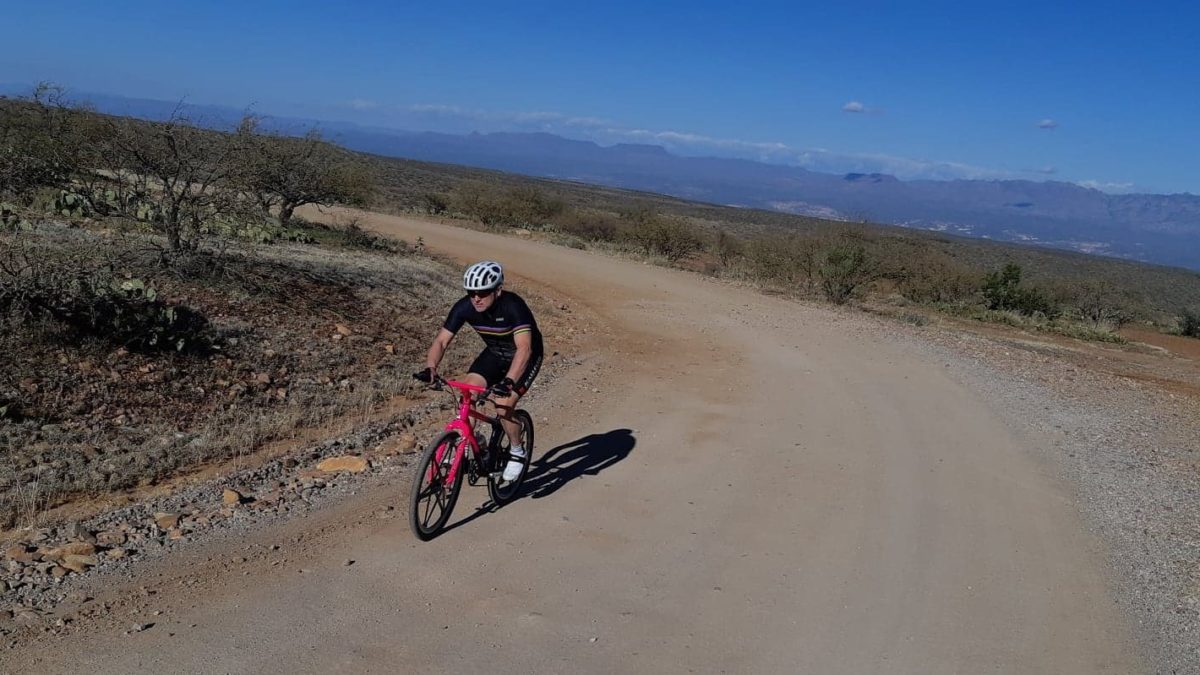Mirek Mazur’s 10 tips to be a better cyclist
It's a guide for riders of all levels
 Photo by:
Miroslav Mazur/Facebook
Photo by:
Miroslav Mazur/Facebook
Mirek Mazur is one of Canada’s most prolific coaches, with a career lasting over 30 years. He has coached many notable Canadian cyclists including Mark Walters, Eric Wohlberg, Sue Palmer, Clara Hughes, Michael Barry and Brian Walton, to name just a few. In 1996 two of his riders won medals at the Olympic Games. Furthermore, three of the riders he coached became world champions, including his son Peter Mazur, who took the rainbow jersey at the 2000 junior world individual time trial championships.
The Polish-born Canadian recently posted his ten tips to be a better cyclist.
10. Patience
It takes six to eight months of training to reach your maximum potential every year after a rest period in the winter.
9. Go to the velodrome
Riding the indoor track will help you with your technique, teach you tactics and help your speedwork. Mazur coached Brian Walton to a a silver medal at the 1996 Olympic Games in the points race.
8. Ride big hills in the winter
Mazur says that in the winter months you should ride the biggest hills you can find on grass, or gravel, and with headwinds. It will bolster your power and make you stronger before the season.
7. Use group rides to your advantage
Ride in the group as much as possible except on recovery days. Other riders will push you.
6. Surround yourself with the best
When you ride and work with the best, you’ll get better.
5. Skip weights
Mazur doesn’t believe you should be doing weights. For endurance cycling and to refresh your athleticism in the winter time he suggests doing running, skiing, or playing team sports.
4. Test yourself at a lab or with a coach
Numbers will help you learn and guide your training.
3. Find a coach that believes in personalized programs
The right coach can transform your fitness and help you on the right path.
2. Use your tools: HRM and power meters
Monitoring your heart rate and power output will help you up your numbers.
1. Be realistic.
Write down your goals, but understand that the bigger they are, the longer they take. As he says, it takes many years to develop a World or Olympic contender.
